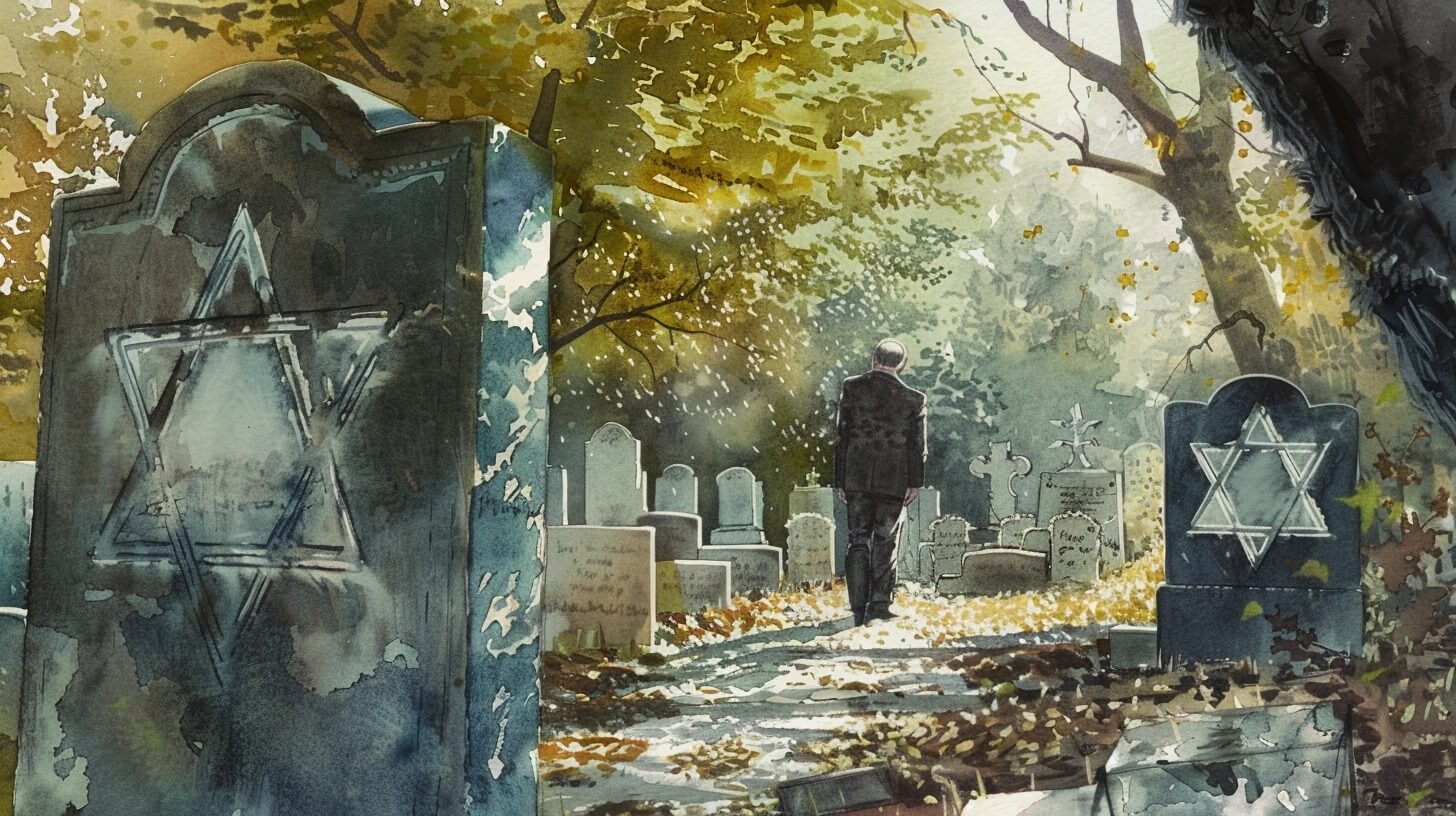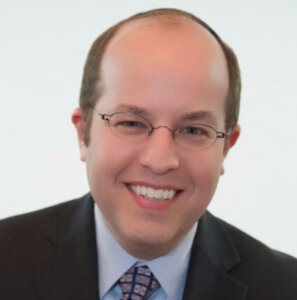I have officiated at hundreds of funerals. Here’s the biggest lesson I’ve learned
Individual moments create memories that last a lifetime

Illustration by Midjourney
Having officiated at hundreds of funerals, I am given the responsibility and honor to reflect on people’s lives. Crafting a eulogy is daunting. How can we summarize someone’s life in 20 minutes? Time and again, one theme transcends all others.
We do not remember days; we remember moments.
This lesson was encapsulated in a poignant way at a recent funeral. As a rabbi, I always deliver my remarks last and encourage the children and grandchildren to pay tribute to their loved ones. In this case, when asked, one of the daughters declined the offer, as she explained that she had a troubled relationship with her mother. At the graveside, I again asked if she had a memory she wanted to share. I urged her to take the opportunity to thank her mother and reflect on her legacy. She agreed and spoke for only a few minutes and introduced her remarks by stating that from over 50 years with her mother two memories stood out.
This is one of the memories that she shared: “I will never forget when I was 8 years old. I was fast asleep. My mother came into my room around midnight. It was snowing outside, and she woke me. I was startled and wondered why she disturbed my sleep. I will never forget what she said that night. She told me she wanted me to get dressed so we could play together in the fresh snow outside.” Fifty years of life with her mother and she remembers a spontaneous expression of love when she was a child.
Almost universally, nobody remembers what their parents told them; they remember how their parents made them feel.
As a rabbi, this is a lesson I learned as well.
When I first began my career, like most young rabbis, my training focused on scholarship and Torah learning, delivering classes and sermons. I spent a lot of time honing these skills. I also admired sleek program guides and devoted much energy to developing adult education classes. Both of these areas are part and parcel of a successful rabbinate but do not reflect in my mind the true essence of the profession.
When all is said and done, I have learned that congregants may or may not remember a sermon, class or a great program, but they will never forget a rabbi being there for them in times of joy or sadness, an unexpected gesture of kindness, introducing them to a new friend, revealing how the Torah offers guidance in their lives and providing a framework to give their life deeper meaning.
Living a life of legacy
Try the “I will never forget” exercise. Write the words “I will never forget” on the top of a page and think about the moments in your life you will never forget. How can we create such moments?
One of my guiding life principles is the belief expressed by the Baal Shem Tov, an 18th century Jewish mystic, that no encounter is random and we are all essentially “mobile mitzvah hotspots.” Someone who enters into our “hotspot” and within our view is there for a divine reason and we have an obligation to reveal a new light in the world. When we lead life this way, it changes our entire perspective on the potential within every moment.
The concept manifests itself first and foremost when a mitzvah opportunity enters my orbit. Whether a phone call, an email, or any stirring of my soul to assist and do a mitzvah, I do my best to seize it right away.
The question of a worthy rabbinate speaks to the heart of what it means to lead a worthy life. Regardless of our profession, we are all endowed with a sacred mission to realize our divine potential each and every day. When I learn that one gesture or one mitzvah serves as a source of inspiration for others, it provides the deepest sense of meaning and fulfillment.
A number of years ago, while serving as a rabbi in Denver, I encouraged a family at a pivotal moment in their lives to donate a Torah. It was an unforgettable experience. The family was so moved that they decided to make it their family legacy to donate a new Torah somewhere in the world every couple of years. Since that one mitzvah in Denver, they have donated more than 10 Torah scrolls around the world — including in our local day school and, most recently, at our synagogue. This last one was on the occasion of their granddaughter’s bat mitzvah, whose parents I married about 19 years ago. One conversation in Denver — and most importantly nourishing that relationship over the past twenty years — continues to yield eternal dividends.
One of my heroes is Rabbi Aryeh Levine, the great 20th-century sage who was known as the “Righteous Man of Jerusalem.” I will never forget the following story as retold by Rabbi Yaakov Nagen. It is about a young boy who asked Levine whether he was one of the 36 righteous people who sustain the world. Levine’s answers changed his life and mine as well. He responded, “Maybe, sometimes, and you can be one of them, too.”
The boy realized that God is not asking any of us to sustain the world every day and in every moment. We, rabbis or not, can be one of those 36 righteous people, even for a few moments every day. Our lives will have been worthwhile because we were the ones the world was waiting for. We are the ones who through one act of kindness can reveal new light and hope in the world. One moment, one memory. Leading a life of legacy is realizing that God is not asking any of us to change the world, but to change the world of one person each and every day.





















